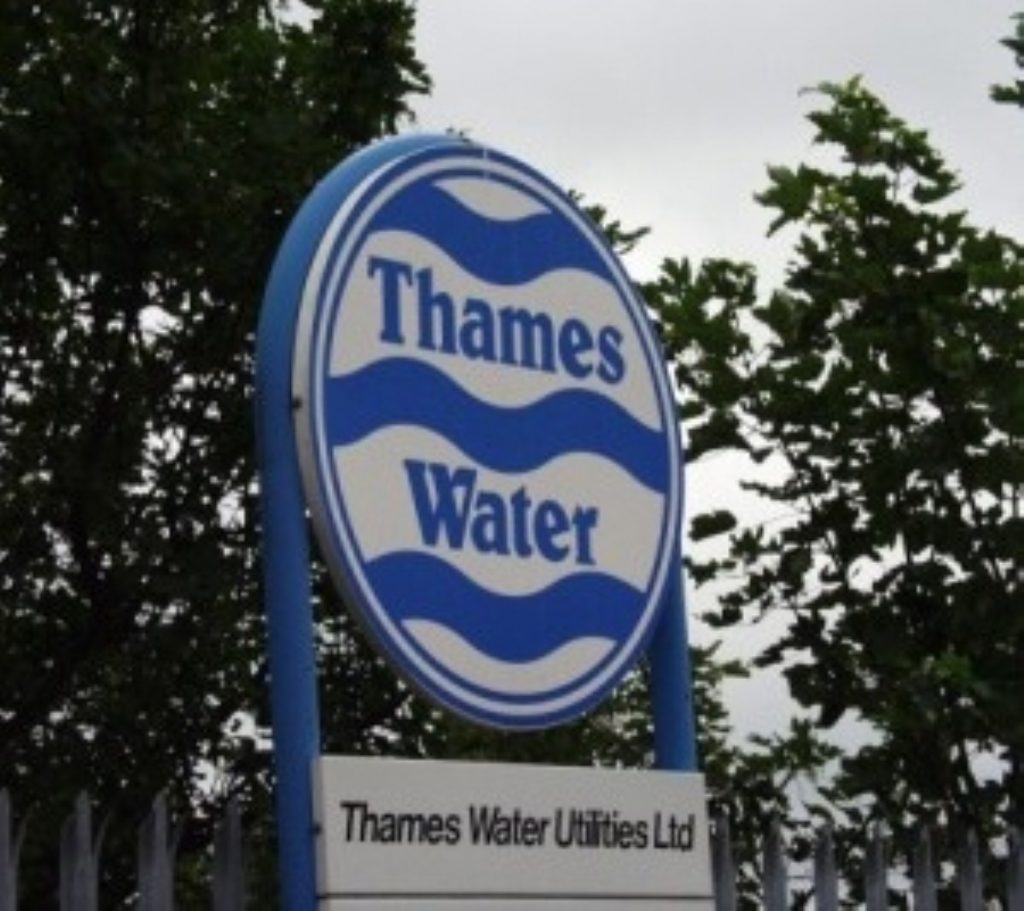Thames Water slammed over leaks
Industry regulator Ofwat has condemned as “unacceptable” Thames Water’s failure to meet its leakage targets for the second year running.
It warned the firm’s “significant failure” to meet the goal of cutting leaks to 860 megalitres per day (ml/d) – the equivalent of 344 Olympic swimming pools – was “very serious”.
This was particularly true given that the company has increased water bills by 24 per cent over the same period, it said.
Thames Water today announced operating profits of £479.2 million over the past year, up 23 per cent on last year, but although it said it was frustrating to have missed its target, it insisted leakage was considerably less than last year.


The company has applied for a drought order from the Environment Agency, citing two very dry winters which have left reservoirs at low levels across the south-east of England, but today’s news will leave many customers questioning this reasoning.
“Customers are paying the higher prices that Thames Water has been allowed to charge without getting all the benefits that the company has promised to deliver. This is unacceptable,” Ofwat said.
“Although the current drought is the result of below average rainfall for two consecutive winters, we expect Thames Water to set a good example by controlling its leakage.
“The company’s poor leakage performance is not only inefficient, it is also contributing to water shortages that have led Thames Water to impose a hosepipe ban and seek a drought order.”
Thames Water chief executive Jeremy Pelczer admitted it was “immensely frustrating” that the firm had missed its leakage target, but insisted it was investing £500,000 a day over the next five years to cut the amount of water lost through its pipes.
Chief operating officer Jerry England pointed out that London was the main problem, and that the situation in the rest of the country “really is a different ball game”, with leakage levels in Reading, Oxford, Swindon and Guildford now the lowest for ten years.
“Tackling leakage of course remains our biggest priority and the ongoing drought naturally continues to focus everyone’s attention on the importance of this work,” he said.
“Given our current region-wide hosepipe ban and planned drought order application for London, we know we have to demonstrate to all our customers that we are doing our bit when asking them to conserve water after two very dry winters.”









